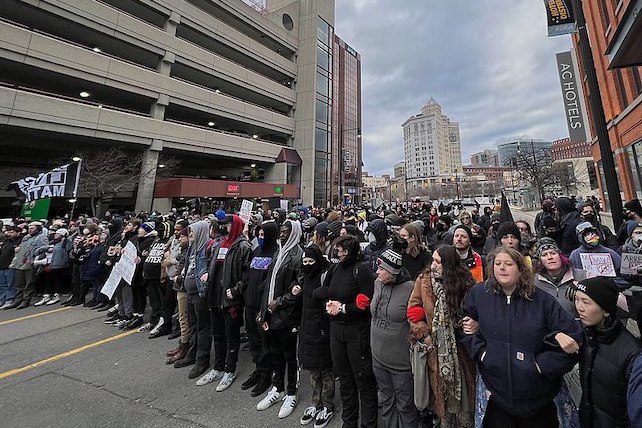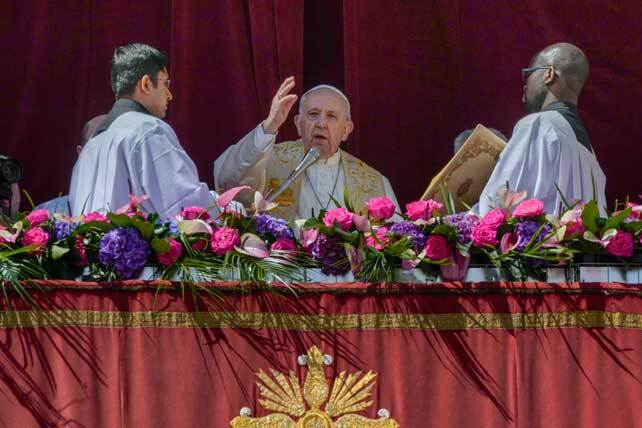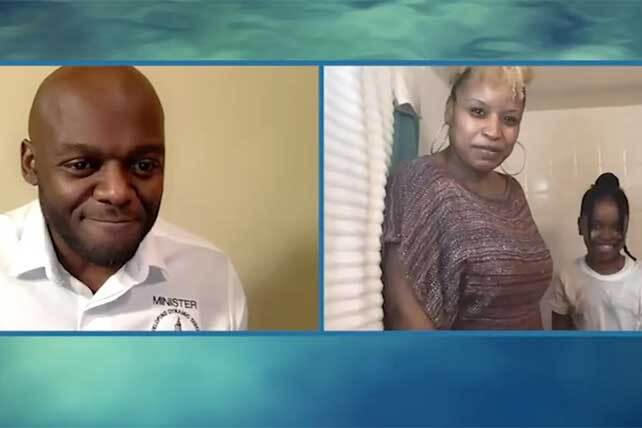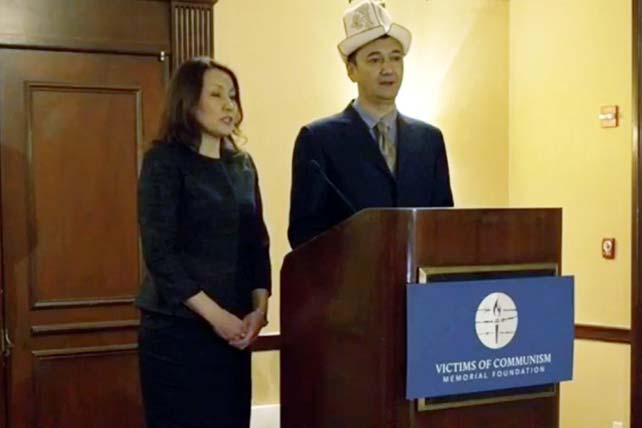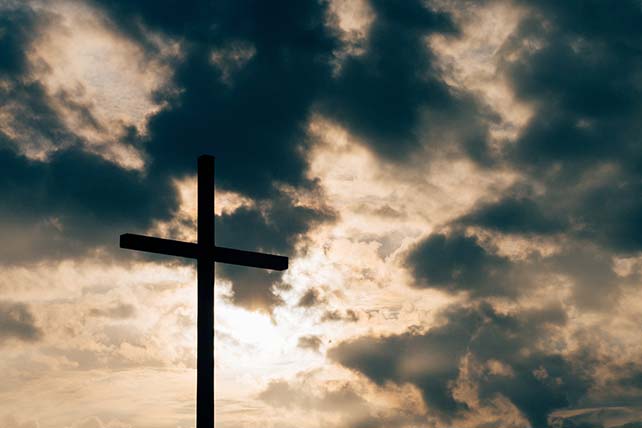Churchill Park United Church is a progressive, affirming Canadian church located in Winnipeg, Manitoba, whose leadership says “is a church that makes you feel at home.” So much at home that it even provides its sanctuary as a place members can feel welcome to bring their lives to an end. On March 9, 2022, 86-year-old Betty Sanguin did just that in an assisted suicide ceremony.
Last spring, Sanguin was diagnosed with Amyotrophic Lateral Sclerosis (ALS), or better known as Lou Gehrig’s disease, named for the famous baseball player who was diagnosed with it. According to the Mayo Clinic, ALS “is a progressive nervous system disease that affects nerve cells in the brain and spinal cord, causing loss of muscle control.” The disease currently has no cure.
Sanguin’s daughter, Renée, said Sanguin’s health rapidly declined and “within a very short period of time, (the doctors) were talking about a feeding tube, because she couldn’t eat and swallow anymore.”
“My mom saw other people that were further along in their (ALS) diagnosis and all she knew is that she didn’t want that. That’s what my mom struggled with the most,” Sanguin’s other daughter, Lynda, shared.
RELATED: MN Church Hosts ‘Drag Me to Church’ Event to Attract LGBTQ Community
“As the sun streamed through the stained glass windows in the music-filled sanctuary,” Sanguin’s obituary reads, the mother and grandmother was surrounded by her children, grandchildren, and close friends during her planned death.
The assisted suicide, which is legal in Canada, was called a “simple Crossing Over Ceremony” where Sanguin was able to “let go of her hold on this life.”
Sanguin visited with her family and friends during the ceremony hosted at the church. The lethal injection started at 1PM. An hour later, she was no longer present on earth. At 4PM, the funeral home arrived to take her body.
Sanguin was described as someone with a servant’s heart and an inspiration to others. Her ALS diagnosis came as shock to her family, and after the passing of her husband, she began to rapidly decline. Sanguin leaves behind six children, twelve grandchildren, and eleven great-grandchildren.
In May 2017, Churchill Park United Church’s denomination passed a resolution that allows for a “case-by-case approach to medical assistance in dying.”
“We are not opposed in principle to the legislation allowing assistance in dying and to such assistance being the informed, free choice of terminally ill patients,” The resolution reads. “There are occasions where unrelenting suffering and what we know about the effect of pain on the human body can make Medical Assistance in Dying a preferable option. However, we urge a cautious approach by legislators and medical professionals implementing these laws, as well as by individuals, families and communities of faith who are considering making use of this new legislative option. To this end, we advocate community-focused and theologically robust discernment on a case-by-case basis that also ensures the protection and care of those potentially made vulnerable by this new law and others like it.”




